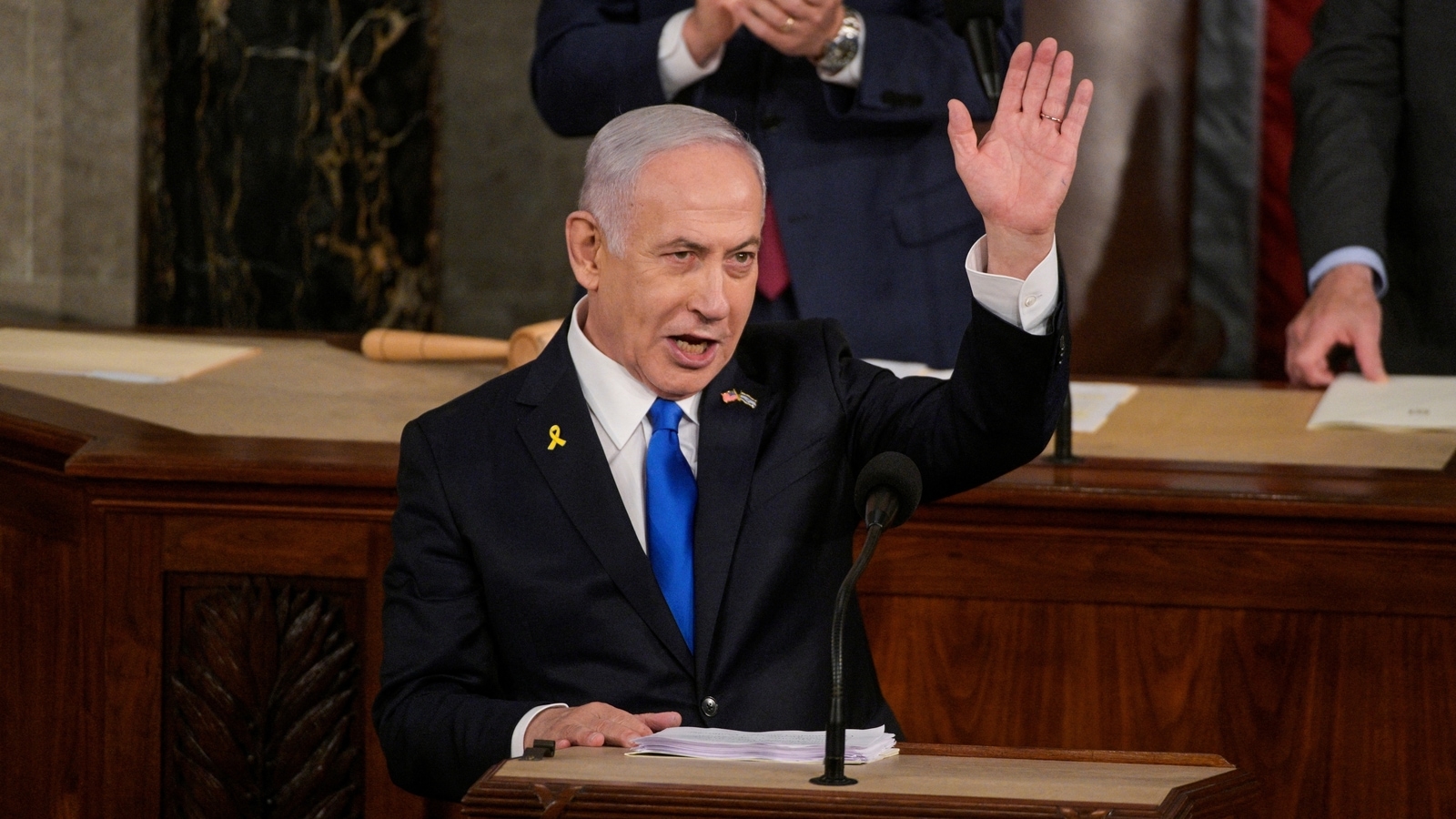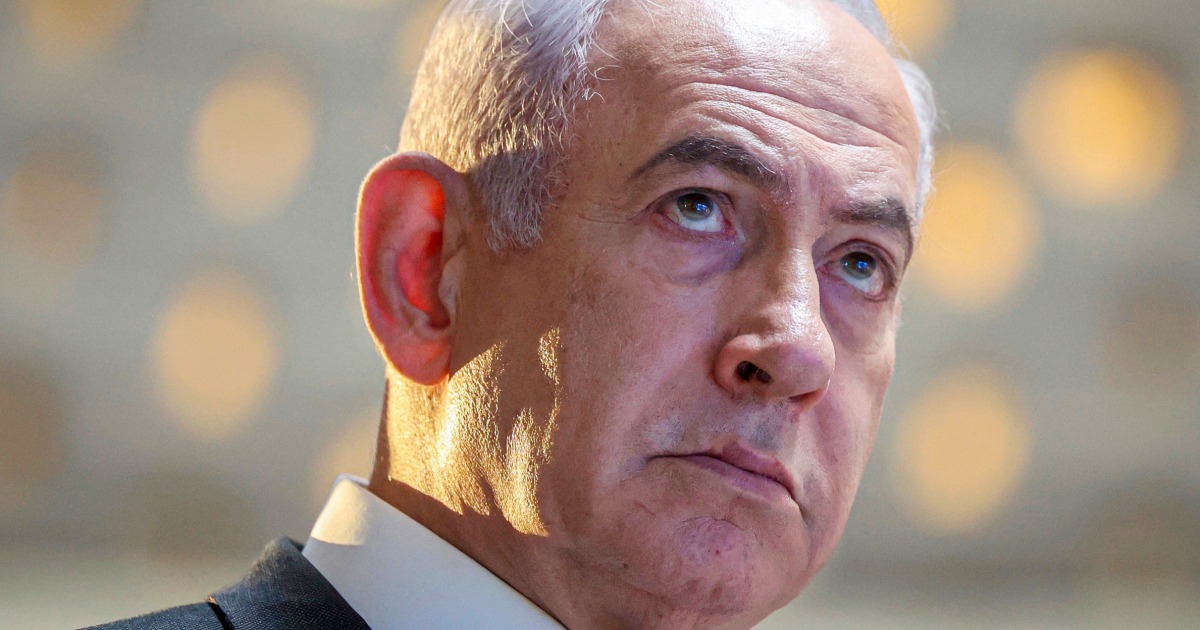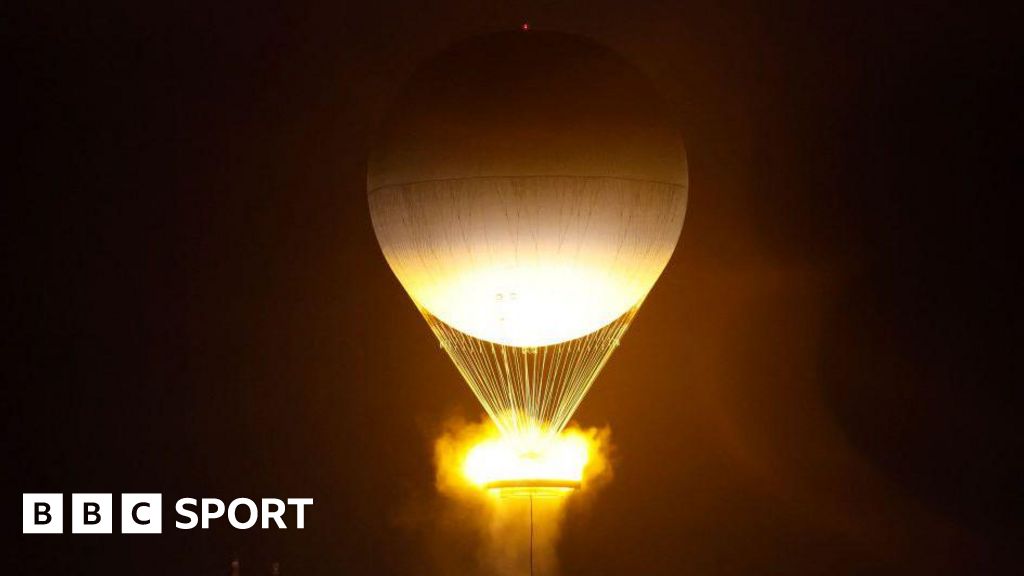The British scientists plotting to control the world’s weather

The Reading scientists, led by Prof Giles Harrison, have meanwhile been developing a different technique, in which an electric charge is applied to make droplets stick to each other and so quickly grow large enough to fall as rain. Harrison, a bespectacled atmospheric physics expert, harbours a long-standing fascination with natural science – and an enthusiasm for testing new ideas.
The technology he and his team have developed has been tested not in the deserts of the Gulf states, but in the rather greener English countryside. In 2020, at the university’s farm in Sonning, Berkshire, a first experiment was carried out by Harrison’s team, alongside mechanical and electrical engineers from the University of Bath, in which charge was released into fog using electric emitters.
The following year, further tests were performed at Bottom Barn Farm near Castle Cary in Somerset. Here, above a verdant landscape rarely troubled by drought, unmanned aerial vehicles with specially developed charge emitters that could release positive or negative ions on demand were launched into another foggy sky.
It was, wrote Reading’s Dr Keri Nicoll afterwards, “an important first step in determining whether charging cloud droplets might be helpful in aiding rainfall in water-stressed parts of the world”.
The test flights demonstrated that the fog’s droplet size could be altered by charging, “which ultimately means that it may be possible to use charge to influence cloud drops and thus rainfall,” wrote Nicoll.
She told The National, a UAE newspaper: “What we’re doing here is something that’s completely different. We are using very small aircraft, which means that things are actually much more cost effective, and we’re simply charging up what’s already there.”
The promise behind charging droplets, or particles, was that the technique might well work alongside the existing cloud-seeding operation, making it more efficient at producing rainfall, she said.
Related
UK not to challenge ICC arrest warrant against Israeli PM…
British Prime Minister Keir Starmer’s office said Friday that the U.K. will not interfere with the International Criminal Court’s request for an arrest wa
U.K. government drops challenge to International Criminal Court over Netanyahu…
Britain’s new government said on Friday it was dropping its predecessor’s query of the International Criminal Court’s (ICC) jurisdiction to issue an arres
UK drops plans to challenge ICC arrest warrant request against…
LONDON (AP) — British Prime Minister Keir Starmer’s office said Friday that the U.K. will not intervene in the Inte
Scotland’s Flow Country wins Unesco world heritage listing
Tony Jolliffe / BBC The Flow Country is a vast expanse of blanket bog in the North of ScotlandAfter an almost 40-year campaign, a stunning but little-known UK l












